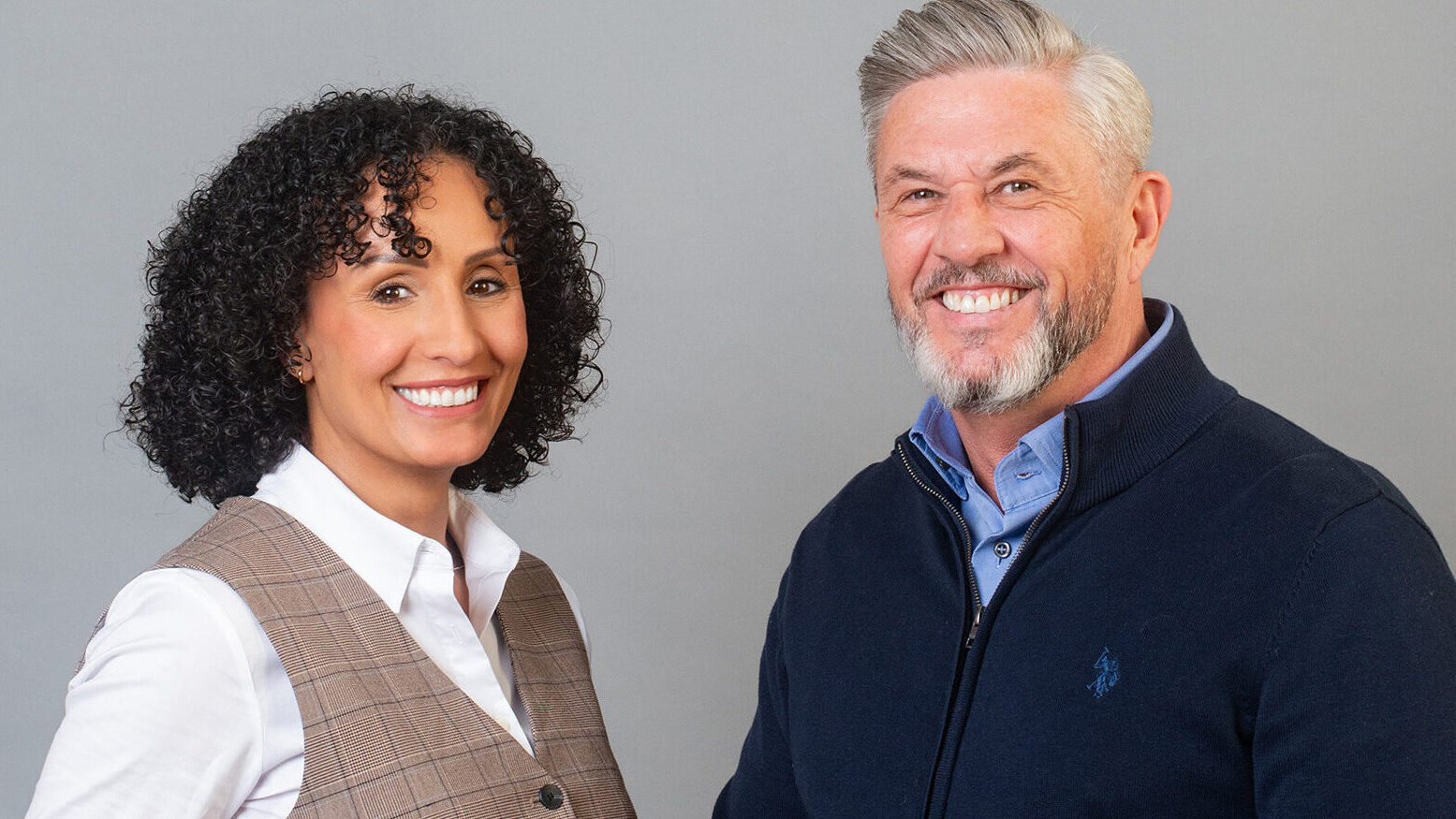Why We’re Trialling a 4-Day Work Week — And the Leadership Lessons Behind It
You know, every morning — and I mean every morning — Enas (my wife and business partner) and I are up at 4:20 am. We pour a strong coffee (because let’s be honest, no one’s jumping out of bed that early without it), pick an audiobook, and head out for a brisk walk to start the day right.
It’s become our little ritual — our way of setting the tone for the day, clearing our heads, and making sure we’re not already in “work mode” before sunrise. And most days, I love it. There’s something about being out there when the world is still quiet that makes you feel like you’ve got a head start on life.
When Time Throws You Off
But when the clocks go forward and suddenly we’ve lost an hour? I’ll be honest — even for someone who’s up before sunrise, it throws me off. You wake up feeling like you’ve barely closed your eyes, double-checking the time and wondering if the clock is broken.
Every year, without fail, I have that same little moan in my head — “Who decided this was a good idea, and why are we still doing it?”
However, as the days pass and we settle into the new rhythm, something shifts.
A few days later, I’ll be sitting at my desk, deep in work, and glance at the clock — 6:30 pm. Yet, through the window, the sun is still pouring in, bright and full of energy, like the day isn’t anywhere close to over.
That moment always makes me pause. It reminds me that time isn’t just about what’s on the clock — it’s about how we feel, how we live, and how we choose to spend it.
Why We’re Embracing a 4-Day Work Week
This year, as the clocks go forward, it got me thinking: how do we spend our time? How much of it do we give to work? And what would happen if we didn’t work quite so much?
Because here’s the truth: most of us are running on empty — and that’s nothing to be proud of.
So, as the clocks jump forward this spring, we’re making a decision to move forward too — we’re trialling a 4-day work week starting in April.
Facing the Fear of Change as a Leader
Now, I’ll be honest — I’ve wrestled with this one.
As a business owner, there’s always that voice in your head that says, “What if everything falls apart? What if we can’t get everything done? What if this makes things harder, not easier?”
But there’s another voice too — and lately, it’s louder. The one that says, “What if this is exactly what people need? What if working less means living more — and doing better work because of it?”
And that’s the voice I’m choosing to listen to.
The Leadership Lesson: People First
I see it — in my life and the lives of people we work with. Leaders, managers, teams — all burnt out, overwhelmed, and running on fumes.
I’ve been there too. The late nights answering emails, the weekends pretending to be present with family, but with my mind still spinning on work. The feeling that no matter how many hours you work, the list just grows longer.
We live in a culture that celebrates “busy” — but when you stop and really look, it’s breaking people.
Here’s what I’ve realised: I don’t want to be part of that anymore.
What If There’s a Better Way?
So, we’re trying something different.
I know some people will think we’ve lost the plot. But I’ve been reading more and more about companies that have tried a 4-day week — and honestly, the results are incredible.
Across the UK, businesses big and small have tested shorter work weeks, and not only did productivity stay the same, in many cases, it went up. People were happier, healthier, and more focused.
And they weren’t working longer days to “make up” the time — they were just working smarter.
Why Rested People Do Better Work
Think about it — when you’re exhausted, you don’t do your best work. You procrastinate, make mistakes, and lose focus.
But when you’re rested — when you’ve had time to actually live — you come back sharper, more creative, and more focused.
Somewhere along the way, we forgot that. We bought into this myth that more hours = more success. But if that were true, the UK would be topping the productivity charts.
Instead, we work some of the longest hours in Europe, but we’re nowhere near the top in productivity.
It’s About People, Not Just Profit
For me, this isn’t just about business. It’s about being human.
What’s the point of success if we never get time to live? To spend time with our kids, to walk in daylight, to look after ourselves, to pause and breathe?
And if I’m out there telling leaders to create better cultures, to look after their people — I need to do that for my own team first.
We’re Starting Small — But We’re Starting
We’ll begin with a trial and see how it goes. I’ve told the team I don’t have all the answers — but I’m willing to figure it out because I believe it’s worth it.
And if you’re reading this thinking, “We could never do that in my line of work,” — I get it. It’s not an easy switch.
However, maybe it’s time to start asking different questions.
Instead of, “Why won’t this work for us?” — what if we asked, “What would it take to make this possible?”
Final Thoughts: Time Is Precious
Because honestly? I think most of us are tired of running on empty.
So, as we lose an hour this weekend, I’m hoping we gain a fresh perspective — that time is precious, and how we spend it matters.
If there’s one thing I know about leadership, it’s this: the way we treat our people — including ourselves — is the difference between surviving and thriving.
Here’s to lighter evenings, fresh starts, and permission to do things differently.
If you’re curious about how this works out for us, stick around. I’ll share what we learn along the way — the good, the bad, and the “What were we thinking?!” moments.
Because leadership is about learning as you go. And sometimes, it’s about saying, “Enough of doing things the way they’ve always been done. Let’s try something better.”
“If you always do what you’ve always done, you’ll always get what you’ve always got.” – Henry Ford.
Final Thought — From Me to You
If you’re still reading this, chances are some of it hit home. Maybe, like me, you’ve felt that pressure to keep going, to keep saying yes, to keep pushing — even when you know something needs to change.
I’ve been there. And honestly, I’m still figuring it out.
But what I know for sure is this — we can’t keep leading on empty. We can’t expect ourselves, or our teams, to thrive if we’re always running on fumes.
That’s why I’m so passionate about the work we do in our Leading with Motivational Intelligence and Leading with Change programmes. These aren’t just courses — they’re real, honest conversations about what it means to lead when things are tough, when you’re tired, when change feels overwhelming.
We’ve been running these programmes with companies like Vistry Group, Caddick Construction, and Scottish Leather Group, and what’s been amazing to see is how many leaders feel the same — they’re ready to lead differently, but they just need the right tools and mindset to do it.
So, if you’re sitting there thinking, “I don’t know how to change this, but I know I need to,” — let’s have a chat. No sales pitch, no corporate BS — just a real conversation about how we help people lead in a way that actually works for them and their teams.
👉 You can check out the programmes here, or drop me a message if you want to talk.
Because at the end of the day — if we don’t take care of ourselves and our people, what’s the point of all this?
James Fleming
The Power Within Training,
The Motivational Intelligence Company
james@tpwtd.com

